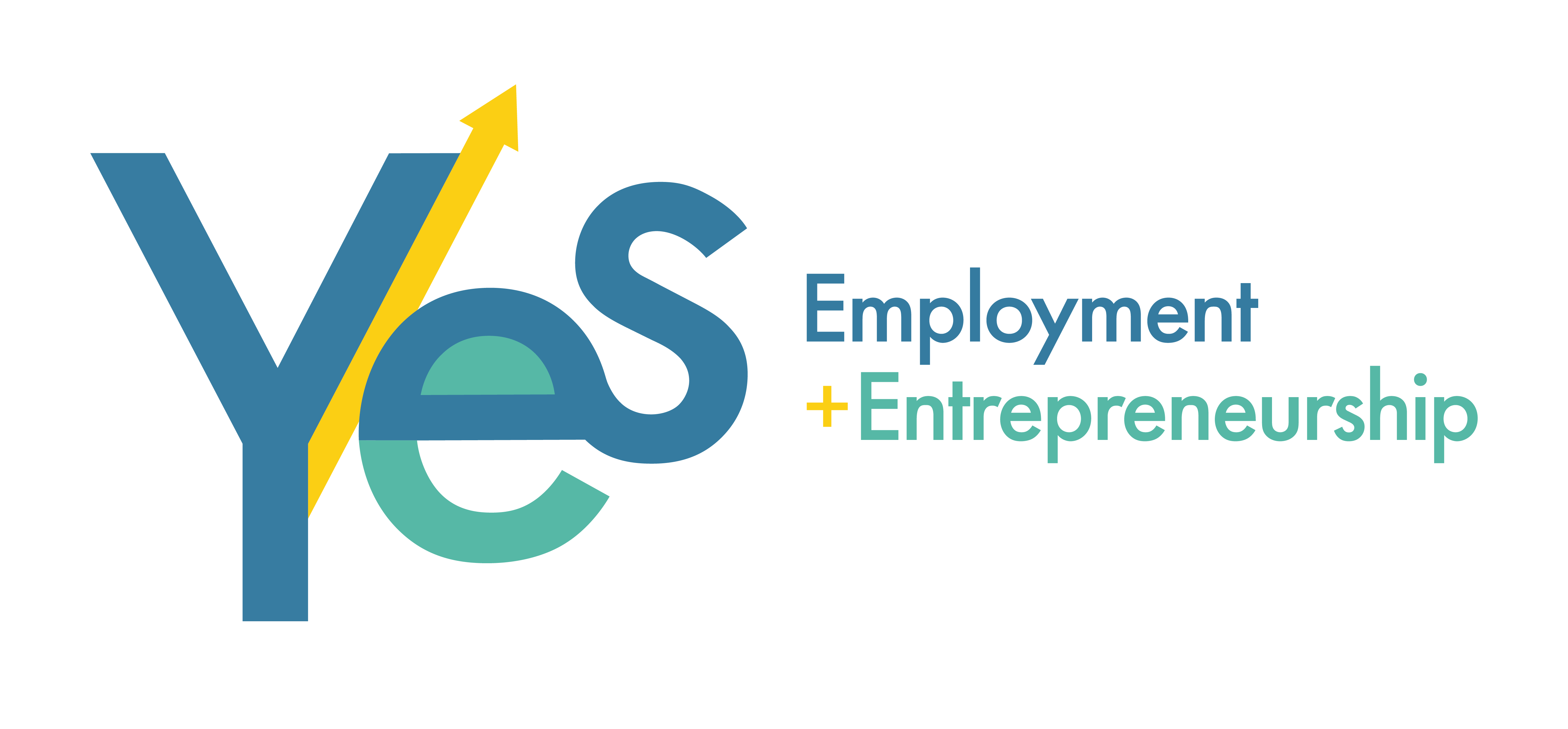5 Key Things Holding Women in Tech Back – and What Can Be Done
Increasing the number of women in technology will require concerted effort from employers, allies within technology companies and women in tech themselves.
Global Semiconductor Alliance’s Women’s Leadership Initiative highlights career opportunities for women in hard technology.
Pharmacy is a female-dominated field and yet there remains a considerable gender disparity in pharmacy leadership and ownership. Women often face gender-specific challenges, including a lack of recognition, support, and mentorship opportunities. Highlighting the stories of women in pharmacy and shedding light on systemic issues is the first step toward equitable representation.
Research has long shown that fewer patents are awarded to women than to men. Now a new study suggests that bias is fueling disparities in biomedical innovation as well.
The study, published Thursday in Science, found that female inventors are more likely to come up with biomedical ideas and products that focus on the needs of women whereas male inventors are more inclined to focus on products for men.
Success and impact metrics in science are based on a system that perpetuates sexist and racist “rewards” by prioritizing citations and impact factors. These metrics are flawed and biased against already marginalized groups and fail to accurately capture the breadth of individuals’ meaningful scientific impacts. We advocate shifting this outdated value system to advance science through principles of justice, equity, diversity, and inclusion. We outline pathways for a paradigm shift in scientific values based on multidimensional mentorship and promoting mentee well-being. These actions will require collective efforts supported by academic leaders and administrators to drive essential systemic change.
New article calls for a shift in the value system of science to emphasize a more equal, inclusive academic culture.
We need to do more to stop the leaky talent pipeline of women in STEM fields. By supporting women at the beginning of their career journey and as they continue to mid-career and beyond, we can help women survive and thrive in male-dominated environments.
Take, for example, what three technology companies did during Covid to put action behind their DEI goals to advance and retain women in tech. One is a global technology manufacturer, another develops software and the third is a leader in consumer tech products. All three corporations recognized that if they did not do more to build community and engagement among their female employees, they were going to lose the key female talent across their pipeline that they had worked so hard to find.
First, they started by understanding the biggest challenges for women in tech.
Then they took action.
The pandemic has exacerbated gender inequalities, left women more vulnerable to jobs losses and increased their unpaid care work.
According to UN Women’s projections 47 million more women will be pushed into extreme poverty in 2021.
In response UN Women are launching Feminist Plan for Sustainability and Social Justice, which outlines the key priorities for a COVID-19 recovery.
We can’t move at the same glacial pace we have in the past. We’ve seen that when left to their own devices, most companies barely move the needle. At Women of MENA In Technology, our mission is to empower Middle Eastern and North African women and girls around the world to pursue the fields of STEM, innovation and entrepreneurship despite conventional beliefs, societal pressures or inequality challenges. In our six years, we’ve witnessed how companies lack the internal structures to define, establish and evaluate diversity and inclusion.
Companies need to take bold and intentional action now; anything less perpetuates an ecosystem that fails women. If your company has not implemented these six important actions, you are holding back progress for a diverse and equal workplace.
Today, women make up 47% of all employed adults in the United States. Yet, according to ComputerScience.org, only 18% of computer science bachelor’s degrees are earned by women. I love to speak with women in this field and give them advice based on my years of experience. Yet, women can’t solve the gender imbalance alone. In a male-dominated industry, it will take support from men to close the gap.















